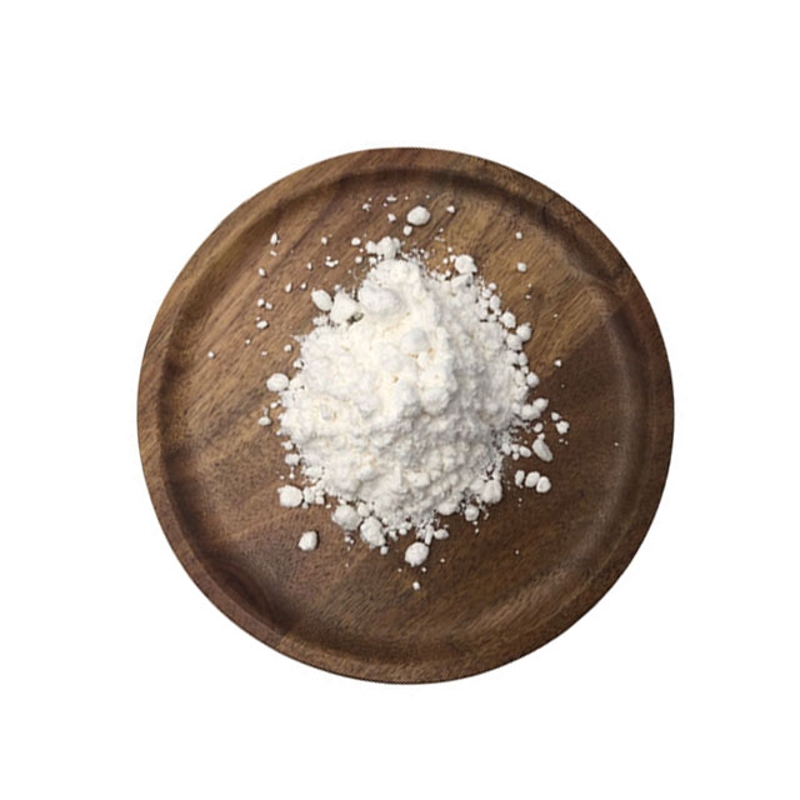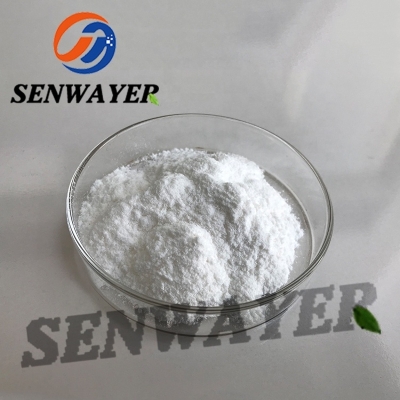Researchers have successfully converted cellulose into starch, opening up innovative potential food resources
-
Last Update: 2021-02-02
-
Source: Internet
-
Author: User
Search more information of high quality chemicals, good prices and reliable suppliers, visit
www.echemi.com
The global population is expected to swell to
.
billion
by 2050-
, and the
Agricultural Life Sciences
and
School of Engineering's Biosyscology Engineering
Associate Professor
Y.H. Percival Zhang
are working on a project to address this growing population demand.
is the most important component of the human diet, providing
20%-40% of our daily
.the study was published this week in the Journal of tomorrow
the
of the American Academy of Sciences.cellulose is the supporting material of plant cell walls and is the most common carbohydrate on Earth. The new
study opens the door that
any plant can be used
to produce food for
,
reduces the need for crops to grow on valuable land, i.e.
reduces the amount of fertilizer, pesticides and water needed for
.
team produced starch
is straight-chain starch, a linearly resistant starch that is not easily broken down during digestion and is a good source of dietary fiber. It has been shown to reduce the risk of obesity and diabetes.this discovery is expected to be used in many
more than just
food systems."
in addition to being a food source,
strategy
can also be used to
produce edible film
for
biodegradable food packaging,
" says zhang
. It can even be used as a high-density hydrogen storage carrier to solve
problems related
hydrogen
distribution. Zhang
used a new method to convert cellulose into straight-chain starch, which
involved
to series enzymes."
and starch have the same chemical form, the difference is the chemical bonds, " says Zhang. We use an enzyme string reaction to break down the cellulose bonds so that they are reassembled into starch.new method can extract cellulose from non-food plant materials, such as corn stalks, and convert
30%
of cellulose into straight-chain starch and hydrolysate residues into glucose
,
for ethanol production. Corn straw consists of stems, leaves, and shells, which are residues from the harvest of corn spikes.biological process, known as synchronous enzyme biofermentation and microbial fermentation, can be easily extended to commercial production.
because
does not require expensive equipment, high temperatures or chemical reagents, and does not produce any waste,
is
environmentally friendly. Key enzymes are stabilized on magnetic nanoparticles and are
easily
magnetic recovery.Zhang
the experiment and conceived the concept of cellulose conversion into starch. He and Virginia Tech visiting scholar
Hongge Chen
, the inventor of the cellulose
-to-
starch bio-transformation, involved a temporary patent application.
Chun You
a Chinese postdoctoral student at Virginia Tech,
with
Chen, who did most of the research.the project is funded
the Virginia Tech School of Biosysystrics and
The University
. Additional resources are provided by the Center for Biological Design and Biotechnology Research at Virginia Tech's School of Agriculture and Life Sciences, the
Shell GameChanger
Project, the U.S. Center for Bioeneene Science, the Department of Chemical Sciences, the Department of Geosciences and Biosciences, and the Department of Energy's Basic Energy Office. The China Scholarship Committee
part
Chen.
This article is an English version of an article which is originally in the Chinese language on echemi.com and is provided for information purposes only.
This website makes no representation or warranty of any kind, either expressed or implied, as to the accuracy, completeness ownership or reliability of
the article or any translations thereof. If you have any concerns or complaints relating to the article, please send an email, providing a detailed
description of the concern or complaint, to
service@echemi.com. A staff member will contact you within 5 working days. Once verified, infringing content
will be removed immediately.







